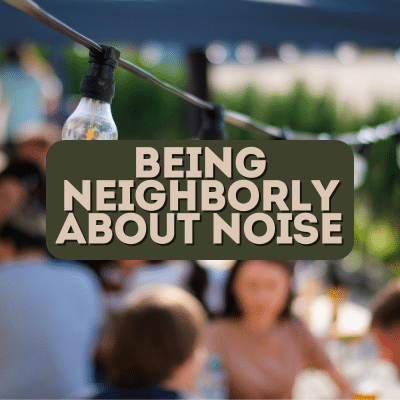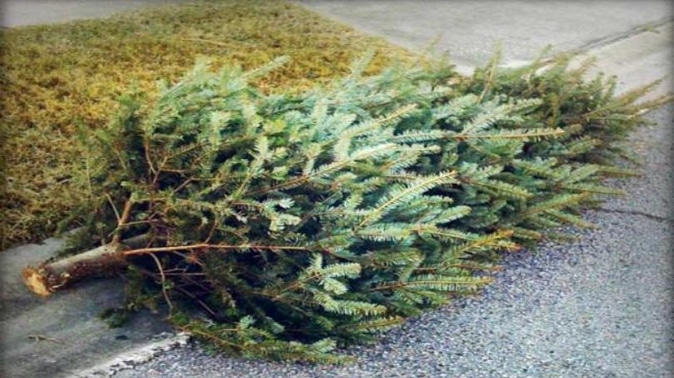How much barking is too much? What constitutes a nuisance? Is the neighbor’s complaint legitimate or could they be hypersensitive? The POA along with the City of Charleston Animal Control and City of Charleston Police Departments need a basis for differentiating valid complaints from unreasonable ones. They rely on City ordinances and Association governing documents to help them enforce pet behavior guidelines.
Below are some examples of pet nuisances:
- Example 1 – Nuisance noise from a dog is defined as barking, yelping, or whining for more than 5 minutes in any 1-hour period.
- Example 2 – Excessive barking is a barking that is persistent and occurs for an extended period of time or on a repeated basis. When determining if barking is a violation, consideration will be given to the time of day, duration, and frequency of barking.
- Example 3 – No animal shall be allowed to annoy residents unreasonably, to endanger the life or health of other animals or persons, or to substantially interfere with the quiet enjoyment of others. Pet owners shall be deemed in violation if their pets:
- Consistently or constantly make excessive noise;
- Cause damage to or destruction of another’s property;
- Cause unsanitary, dangerous, or offensive conditions, including the fouling of the air by offensive odor emanating from excessive excrement; or
- Create a pest, parasite, or scavenger control problem that is not effectively treated.
- Example 4 – Animals will be deemed a nuisance that commit acts including, but are not limited to, the following:
- Any dog that chases, runs after, or jumps at vehicles moving on streets and alleys.
- Any dog that attacks, bites, or injures a person, or snaps, growls, snarls, jumps upon, or otherwise threatens persons without provocation. These acts shall be considered a violation whether or not the dog is confined by a fence, chain, or leash, or under the voice control of a responsible person.
- Any animal that howls, yelps, whines, or barks in such a manner as to unreasonably disturb any person.
- Any animal that feeds from, turns over, or otherwise disturbs garbage containers.
- Any animal that scratches or digs in flowerbeds or otherwise damages the property of another owner.
- Any dog or cat that goes onto the property of another or onto common areas to attack another animal or fowl.
- Cats or dogs that crawl upon, sleep on, scratch, or otherwise soil the property of another.
The Daniel Island CC&Rs as well as City and County ordinances address one’s responsibility as a pet owner, including your assurance that you control your pet and their actions. These documents address the same standards – that all pets be under the control of their owner whenever outside and kept in such a manner as not to become a nuisance. If the pet owner fails to honor such requests, the repercussions can range from warnings to fines to having the pet removed from the owner. Should the animal harm someone, the owner could possibly face charges, conviction on such charges, and costly damages depending on the injury and personal suffering.
It is your right and responsibility to voice these concerns first to the offending pet owner should you be able to ascertain that information. Besides talking with the owner initially, you should then contact the DIPOA office at 843-971-9200 as well as the City of Charleston Animal Control Division. For immediate assistance, it is best to call 843-743-7200. This is the City of Charleston Police consolidated dispatch number/direct contact line, where your complaint will be documented. If the situation is an emergency, call 911. The City of Charleston Animal Control office number is 843-720-3915, but this number is not manned 24/7. The 843-743-7200 will always have someone take your call. The Animal Control officers can respond properly to these complaints and can issue warnings and fines.
We appreciate your help in working together with your fellow neighbors to try and avoid these occurrences from happening before they escalate to a level that could have been prevented by responsible actions.







